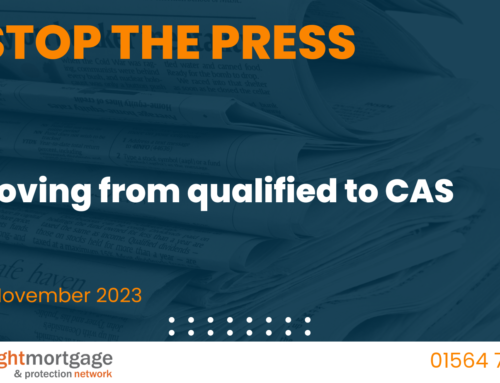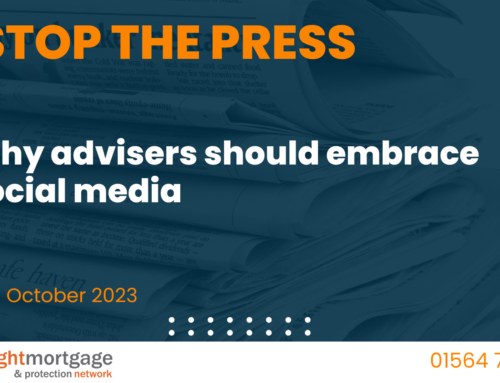A shortage of homes continues to influence house price rises and whilst price growth has fallen in recent months, it continues to outpace earnings and inflation. According to Nationwide’s most recent First time buyer House Price Index, the house price to earnings ratio in the UK is 5.1* and in London the problem is even more acute with the figure hitting 9.4*. This is a significant upturn on past numbers.
For people looking to buy, both first time buyers and those up scaling, this creates an affordability issue. Finding the right home is often challenging but finding one that meets immediate needs and has room for a little expansion can be even more difficult. Competition for such properties is stiff, resulting in rising prices. However buyers should not overstretch financially, particularly with a rise in interest rates just around the corner according to Mark Carney. Equally time is of the essence because pay is unlikely to rise fast enough to ensure continued affordability.
When it comes to the actual transaction, much attention is understandably paid to applying for a mortgage, finding the right place, submitting an offer then, if accepted, the legal process that facilitates the exchange and ultimate occupation of one’s home. So with all this going on and the prospect of personalising the property and filling it with earthly possessions what is sometimes overlooked is the need to protect earnings that will allow the buyer to keep up with repayments, in the event of being unable to work due to ill-health – this is where income protection insurance comes in.
At its most fundamental level in the event of illness or injury impacting on earnings, and thus the ability to maintain mortgage payments, the insured receives financial support. Depending on the provider and individual contract, this can range from between 50 and 70 per cent of pre-disability earnings. Some products even include added benefits; for example a Holloway contract provides the ability to build a tax-free cash lump sum payable at the end of the contract which can be used to settle a part of the mortgage.
Customers, even who are a little financially stretched in the early days of their house purchase, should consider income protection insurance or at least consider taking out enough to cover their monthly mortgage instalments. That way, should they suffer a loss of earnings though illness or injury at least all their hard work in finding their home isn’t going to be put at risk. After all if they lose their home there is no guarantee they will find a similar one again.
Think on.
Paul Hudson is chief executive of Cirencester Friendly
*Nationwide First time buyer House Price Index 2015 Q2 (JUL 2015)





